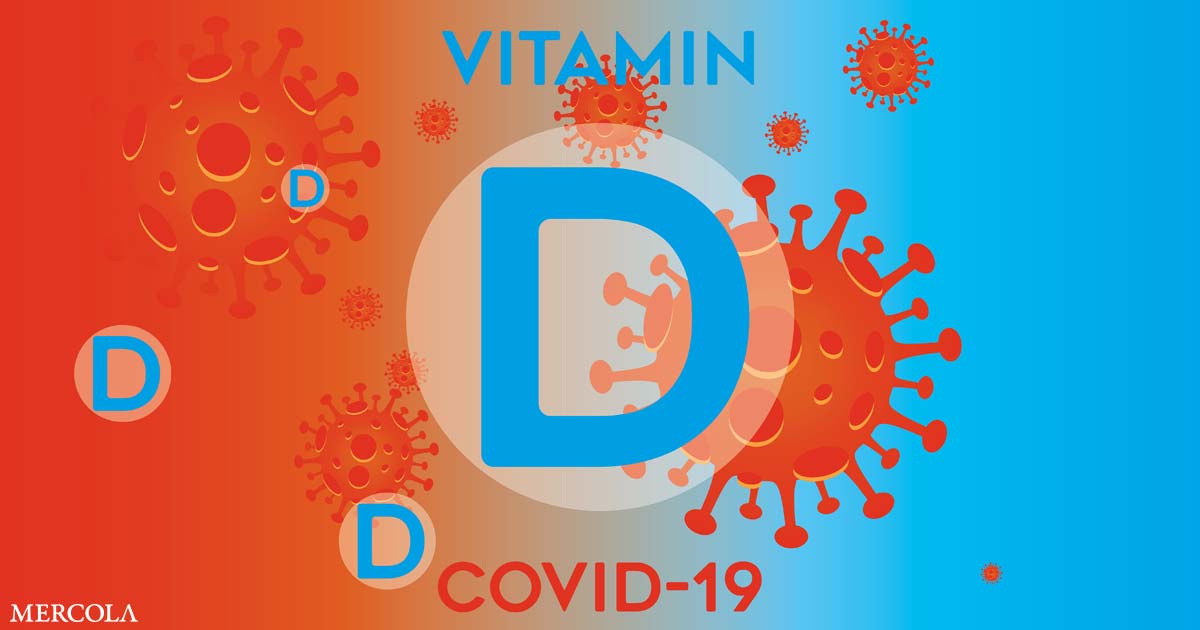
As noted by retired nursing teacher John Campbell1 in the video above, vitamin D is “an important immunological molecule” that likely plays role in the COVID-19 pandemic.
In his video commentary, Campbell reviews a number of recent papers stressing the importance of vitamin D, starting with a press release2 from the French National Academy of Medicine, dated May 22, 2020.
The press release correctly points out that vitamin D is a prohormone, meaning it acts as an endocrine hormone. As such, it has wide-ranging influence on health. There are vitamin D receptors throughout your body, in every tissue and organ. Campbell reviews some of the basics of where and how vitamin D is synthesized in the body.
In summary, vitamin D is synthesized in the dermis of your skin in response to ultraviolet light from the sun. From there, it is transported to your liver and kidneys, where it is converted into an active hormone that is then circulated throughout your body. People with liver or kidney problems may have a reduced ability to synthesize vitamin D. As noted by the French National Academy of Medicine, vitamin D:3
The French medical authority points out there’s “a significant correlation between low serum vitamin D levels and mortality from COVID-19” — which one would expect considering its modulating and regulatory influence on immune function — and that “by mitigating the inflammatory storm and its consequences,” vitamin D “could be considered as an adjunct to any form of therapy.”